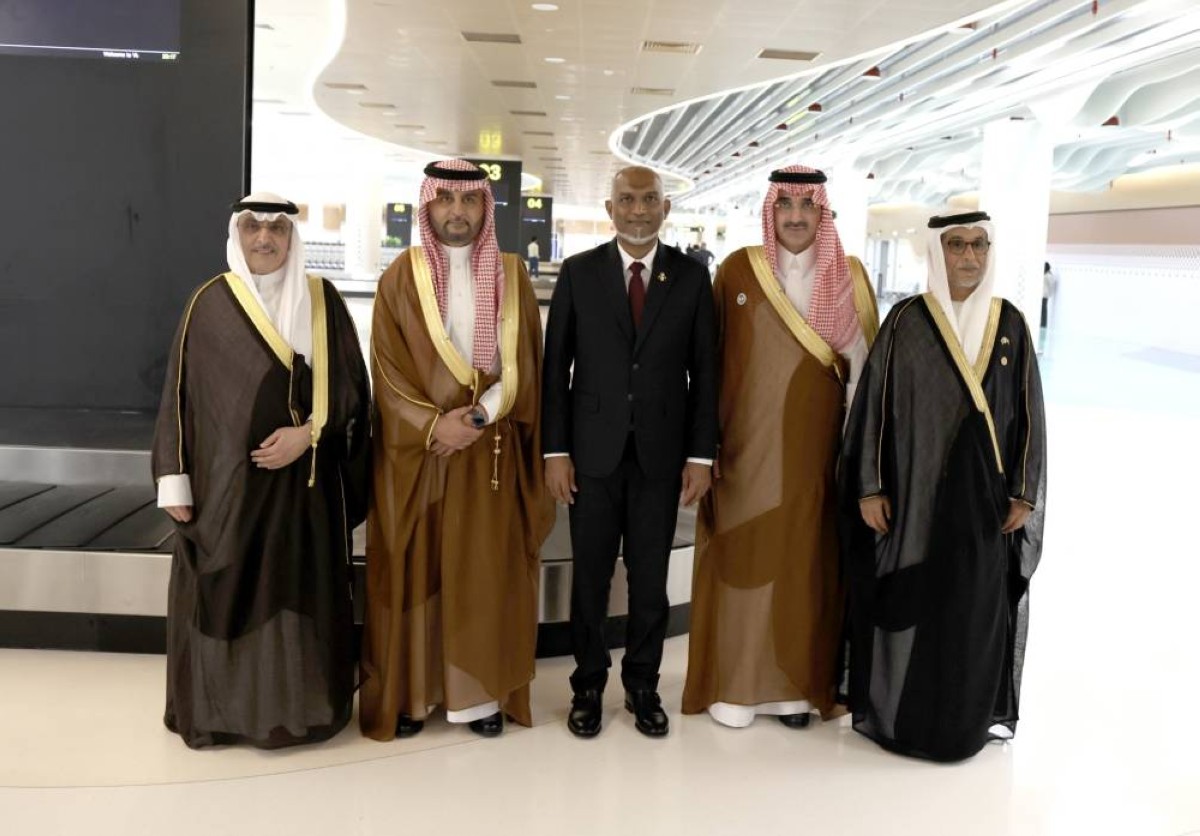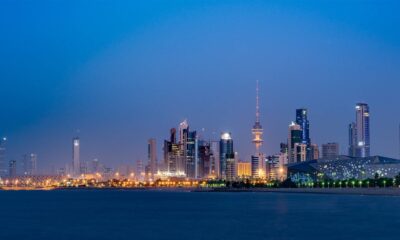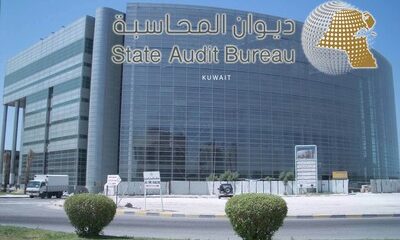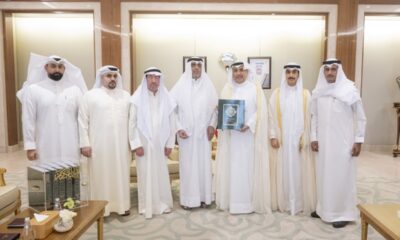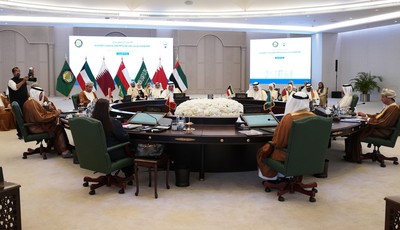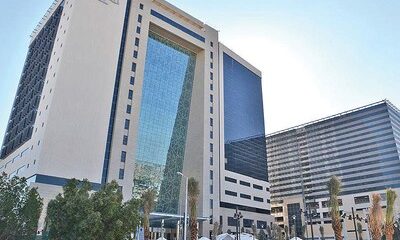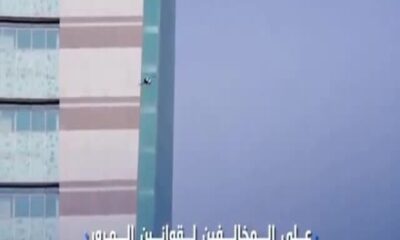KUWAIT: Kuwait’s Commissioner General at 2025 Osaka Expo, Salem Al-Watyan, expressed pride on Wednesday in the Kuwait pavilion’s achievement of four international awards announced by Exhibitor, a leading US magazine specializing in global exhibitions and conferences, in recognition of the pavilion’s excellence in design, interaction, and technological innovation.
Al-Watyan told Kuwait News Agency (KUNA) that the pavilion won first place for Best Storytelling Presentation, highlighting its creative narrative that presented Kuwait’s past, present, and future in an engaging and cohesive manner. It also received the honorary award for Best Interactive Activity, for the innovative experiences offered to visitors, the honorary award for Best Working Team, recognizing the Kuwaiti team’s outstanding communication and visitor engagement, and the honorary award for Best Use of Technology, for employing advanced technologies and artificial intelligence in presenting the pavilion’s content.
“These awards represent international recognition of Kuwait’s creativity at this global event and reflect the country’s Vision 2035 in development, technology, and culture, made possible by the continuous support of the political leadership and the guidance of Minister of Information and Culture and Minister of State for Youth Affairs Abdulrahman Al-Mutairi,” Al-Watyan said.
Kuwait Pavilion at Expo Osaka 2025
Ambassador of Kuwait to Japan Sami Al-Zamanan
He noted that Exhibitor magazine, with over four decades of experience in evaluating exhibitions and conferences, is considered one of the most prestigious international references in the field, with its awards ranking second only to those of the Bureau International des Expositions (BIE). The awards are based on strict criteria including design, innovation, interactive experience, and technological advancement.
Al-Watyan praised all teams involved for their contributions, saying the achievement reflects the bright image of Kuwait in international forums and its leadership in delivering an integrated cultural, knowledge, and human experience at 2025 Osaka Expo. As 2025 Osaka Expo concludes, the Kuwait pavilion has emerged as one of the most talked-about national pavilions, leaving a lasting impression on millions of visitors since its opening on April 13, 2025. Located in the Empowering Lives district, the pavilion offered a dynamic and immersive experience showcasing Kuwait’s heritage, environment, people, and future aspirations.
Inspired by Kuwait’s sea and desert landscapes, the pavilion’s architectural design, crowned by a central dome, featured multi-sensory storytelling and digital exhibits, reflecting the nation’s evolving identity under Vision 2035. Interactive features ensured inclusivity for visitors of all ages, while the on-site restaurant gained acclaim for presenting traditional Kuwaiti cuisine, becoming one of the Expo’s most visited culinary destinations. Al-Watyan described the pavilion as “Kuwait’s message to the world,” emphasizing its role in sharing the nation’s values and ambitions and fostering cross-cultural dialogue. “The connections established and exchanges made will remain among the most powerful outcomes of our participation,” he said.
Kuwait’s Ambassador to Japan, Sami Al-Zamanan, echoed the sentiment, noting that the pavilion consistently attracted long queues and received highly positive feedback. Presented under the theme “Beacon of the Future,” the pavilion highlighted Kuwait’s history, cultural heritage, trade legacy, and human achievements, linking the nation’s past and present to its future sustainability goals through interactive exhibits. 2025 Osaka Expo, held under the theme “Designing a Future Society for Our Lives,” ran from April 13 to October 13, with participation from 158 countries and regions. Kuwait’s pavilion distinguished itself as one of the most visited and admired, reinforcing the country’s cultural diplomacy and global presence. — Agencies



